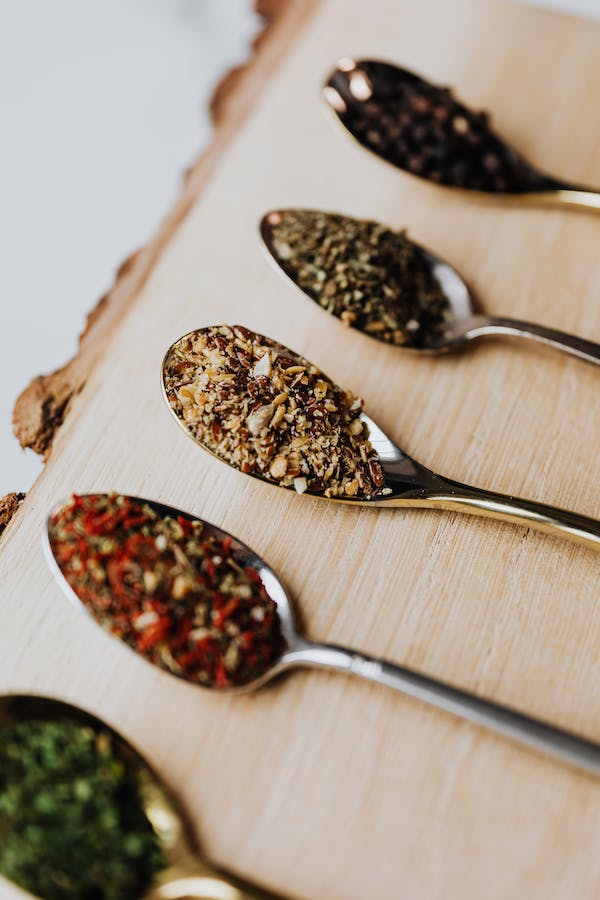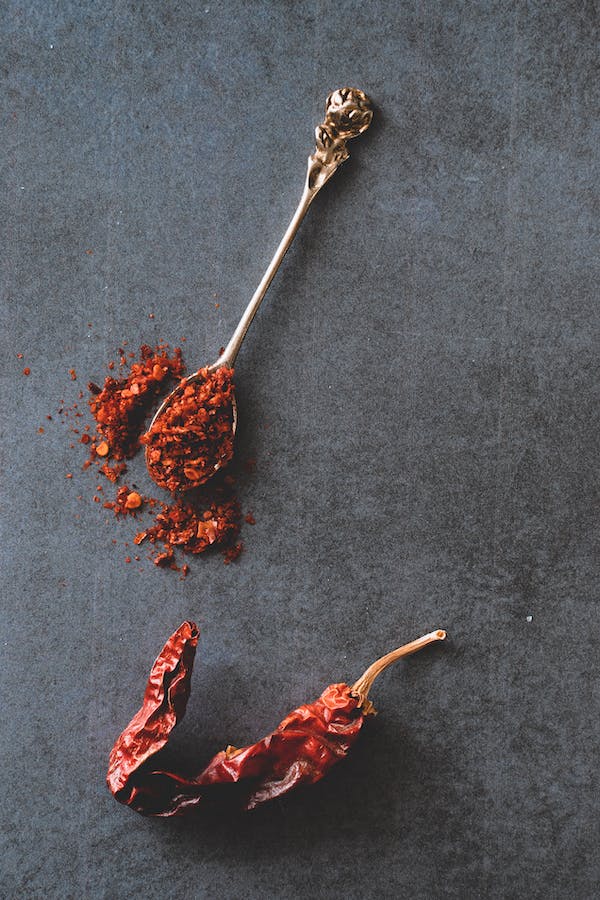Food without herbs and spices tastes bland and boring. That’s why they are essential to make your recipes more tasteful that your family or visitors in your house will surely enjoy eating and will crave for more. They may be pretty minimal in amount, but they can make your meal yummier and smell nice.
Whether you’re a professional chef, an ordinary home cook, or just a beginner at cooking, you will definitely need these little ingredients for your dish. Now you can get quality spices like garlic spices natural chili online too. Here presents the top ten herbs and spices you must always have in your kitchen.
Bay Leaves
There are numerous herbs and spices that you can use for your dishes. You can take a look at Foodal.com for the best spices you can have in your kitchen. But bay leaves are more frequently used in the kitchen, especially for the soups, stews, and marinated dishes. With two or three leaves put into the food while cooking, it can already enhance the smell and flavor you will enjoy.
The bay leaves’ woody yet aromatic smell makes it perfect for the Mediterranean and Indian tasty cuisines. Bay leaves are also popular as a signature ingredient for the famous Filipino dish— Adobo. They are easy to find in your local supermarkets and can last long for even years when properly contained.
Black Peppercorn
Black peppercorn can be the most-used spice in the world for its ability to enhance the flavor of the dish and gives off a spicy-like aroma that smells so good. It is the most basic and indeed a not-to-be-missed spice in the kitchen.
It’s a versatile spice that suits adding on any dish, partnered with salt for most of the time. You can also grind these into smaller ones to make it more tasteful, aromatic, and does wonders for any recipe you cook.
Parsley
If you want to brighten and give more life to your served food, garnish it with some parsley! It is really an excellent herb to use for any dish at any time of your meal every day. It enhances the food’s green visuals to make the food look appetizing and adds this tangy flavor that is perfect for your food.
Parsley may taste bitter, but it balances your food’s flavor, especially on stews when chopped. It also has numerous advantages to our health. It contains nutrients that are good for our eyes, heart, bones and even helps fight cancer. It is also full of antioxidants and suits for your diet plans.
Basil
Frequently used in Italian and Asian dishes, many food choices can complement the famous basil, making it a versatile herbal. It has this sweet taste and earthy smell perfect for seasoning your ingredients such as vegetables, tomatoes, cheese, pasta, and pizzas.
Basil also suits recipes as an additional garnish for soups, stews, and sandwiches. It can also help maintain health due to its vitamins like calcium, iron, and potassium. The herb is available at almost all local markets, either the fresh or dried ones.
Ginger
Because of its strong aroma and tasty flavor, this is more famous in Asian cuisines. This spice can be added to your soups, stews, and even in your baking recipes, like the gingerbread. If you want to relax, you can make your own ginger tea.
Ginger is not just a spice for flavor, but also it gives us great benefits to our body. It can be a remedy for motion sickness when traveling and even nausea. For digestive defects, ginger can help enhance your appetite and treat your abnormal bowel problems. It contains numerous vitamins for a stronger and healthier body.
Red Pepper Flakes
Do you want your cooking recipes to have that spicy kick without affecting the food’s overall flavor? You can use red pepper flakes, also called chili flakes. It also adds moisture to the dish. You can sprinkle this when still cooking or as a garnish to serve.
Remember that you can adjust the spiciness level of the flakes through the seeds. The more the seeds, the spicier it gets. The control depends on your spicy tolerance. You can add these to any dish, especially on pasta dishes and stews.
Cumin
Cumin is probably a well-known spice, most especially to Mexican cuisines. It gives this smokey and warm flavor to the recipes, like curries, stews, chilis, and meat. However, use this spice effectively and in just amounts; it might dominate your dish’s overall flavor, which you wish not to happen.
You can buy this in whole seeds or ground already, or you can grind it yourself. Just make sure that you grind the fresh ones to maximize the taste and flavor and enhance the dish better than before.
Some Interesting Facts About Herbs and Spices
1. Fresh herbs have more antioxidants than some fruits and vegetables, which help fight cancer and heart disease.
2. Growing a pot of basil in the kitchen may smell nice to us, but it repels flies and mosquitoes, which are repulsed by the aroma.
3. Fresh herbs aid in the digestion of food, particularly fat, and in the elimination of toxins from the body.
4. The majority of the traditional strewing herbs are now used to make scented sachets to repel moths, potpourri to sweeten the room, and a variety of other aromatic uses.
5. Herbal seeds have been discovered in prehistoric cave dwellings dating back 500,000 years. Herbs have always been used in cooking and health remedies by our forefathers.
6. The search for easier access to rare spices and herbs is linked to the discovery of America. When Columbus blundered into the West Indies, he was hoping to open trade routes for these substances, and the Age of Exploration unveiled the New World.
7. As early as 3500 B.C., the Egyptians studied herbs and used them in medicinal and religious functions. In 2500 B.C., the Chinese began the systematic study of herbs. From 100 B.C., written records in China have survived enumerating the uses of herbs.
8. In the tombs of legendary beauties such as Cleopatra, ancient records reveal recipes for herb-infused oils and creams.
Takeaway
Although these herbs and spices are essential in your kitchen, you don’t have to buy these all in one blow. You won’t need all of these in every meal, anyway. So, take time to know them all, and you’ll make your dishes get even tastier and yummier.



